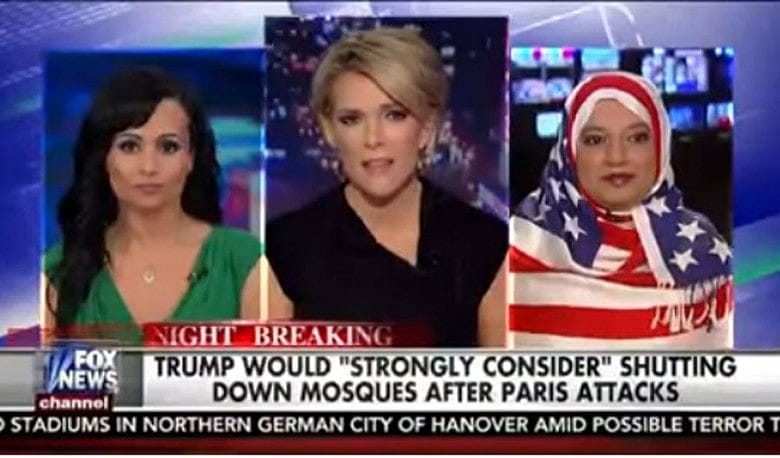Muslim Republican Saba Ahmed works to build bridges

WASHINGTON – While waiting her turn to appear on a Fox News show last month, Saba Ahmed, a Pakistani-American and a Muslim, couldn't bear listening to the anti-Islam rhetoric from the guest who went on before her. So she replaced a purple hijab, or head scarf, she wore with one styled on the American flag. She then stepped onto "The Kelly File" set to discuss anti-Muslim sentiment among her countrymen, swathed in red, white and blue.

